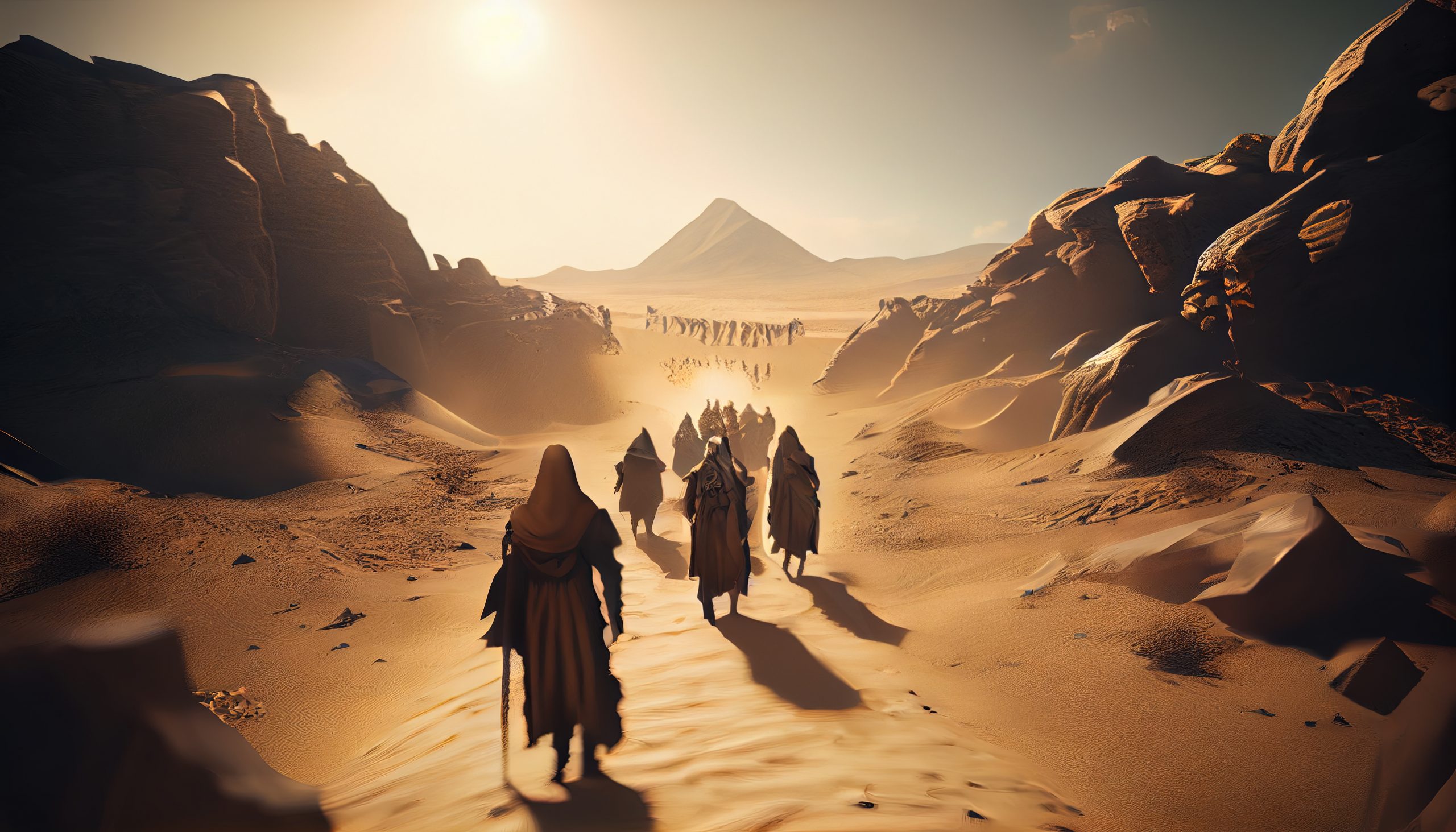
We all know that Jews left Egypt during the Exodus story that we recount every Passover – but did you know that Jewish communities have resettled and flourished in Egyptian lands throughout the centuries since, even producing some of the most important Jewish thinkers and artifacts?
Learn more about this incredible chapter of Jewish history below!
And don’t forget to get ready for Passover and for retelling the story of the Exodus with our magnificent Hebrew-English haggadahs and other amazing Passover gifts from Israel!
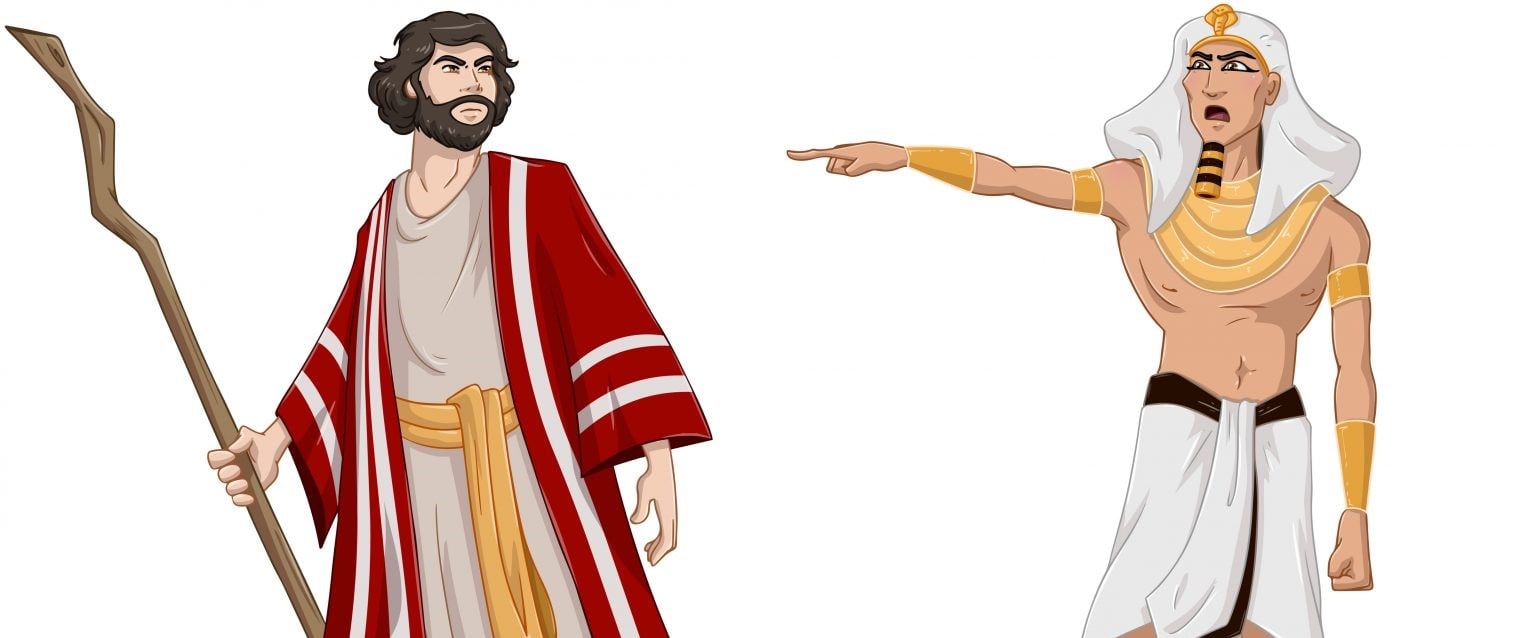
Per the Biblical account, Israelites settled in Egypt in search of better crops and sustenance during a famine, and ultimately ended up enslaved for several generations. They were eventually led out of slavery by Moses and into the Land of Israel, receiving the Torah from G-d on the way and becoming a solidified Jewish nation. This is believed to have taken place in the 13th century BCE.
As Jews we are routinely reminded of having left Egypt - from reading the account annually as part of the Torah reading cycle, to discussing it during our Passover Seders, to the many references throughout our prayers. It is in fact safe to say that leaving Egypt is a big part of our culture and history!
So did we leave Egypt for good? Surprisingly, no! Even despite a Biblical prohibition on returning to Egypt, Jewish communities did come back and resettle throughout Egyptian lands centuries later, though this time as a people with an established religion and community, and no longer as slaves.
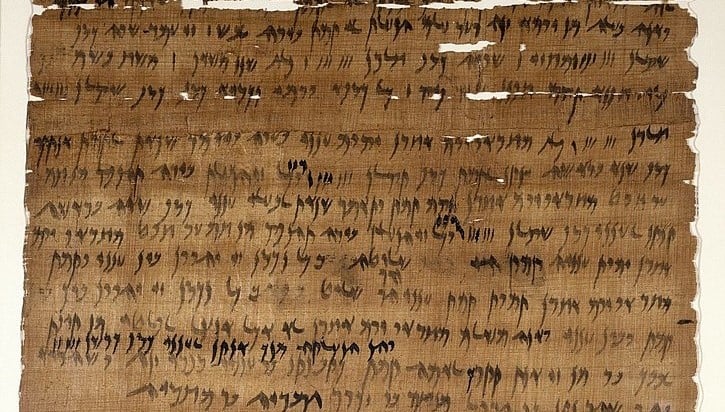
Jewish marriage document in Aramaic, written in Egypt in 499 BCE (Photo: Brooklyn Museum/Wikimedia Commons)
After the destruction of the First Temple and Jerusalem by the invading Babylonians in 586 BCE, some Jews moved to Egypt in search of safety and security. Even more came after the death of the Jewish leader Gedaliah.
These new Jewish-Egyptian settlements are mentioned in some Biblical writings, such as in the Books of Jeremiah and Kings. Jews settled in several different areas throughout Egypt, particularly along the Nile River, and including in the area of modern-day Cairo. Various documents have been recovered from the Jewish community in Egypt during this time period, such as marriage contracts.
The Jewish community only continued to grow during the Greek and Roman occupations of Egypt, starting in the 3rd century BCE. A particularly prominent Jewish community flourished in Alexandria, and was known both for its scholarship and adherence to Jewish laws and traditions, as well as for its worldly successes in business and government.
Inside the Alexandria Haggadah, showing a Torah covering from Egypt
Egyptian Jews enjoyed a period of peace and prosperity, until they started becoming the subjects of Roman persecution after the destruction of the Second Temple and Jerusalem in the 1st century CE.
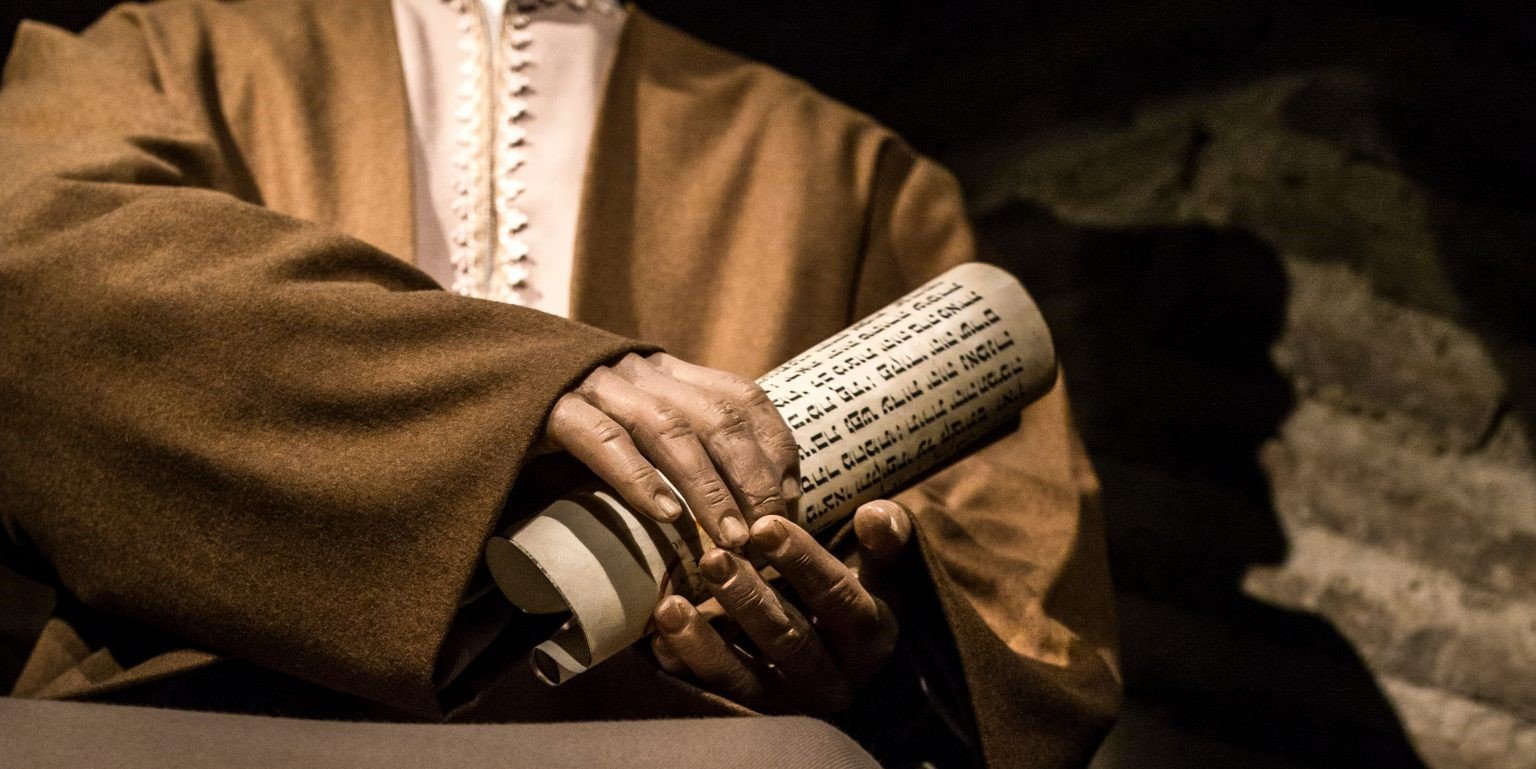
Egypt was conquered by Arab armies in the 7th century CE, and subsequently spent most of the rest of its history under various Muslim empires. While Jews had certain legal restrictions under these systems and were considered second-class to Muslims, overall the Jewish community of Egypt grew and flourished, and often had better experiences than those of Jews in Christian Europe.
In fact several of the most prolific Jewish medieval thinkers were from or had spent time in Egypt:
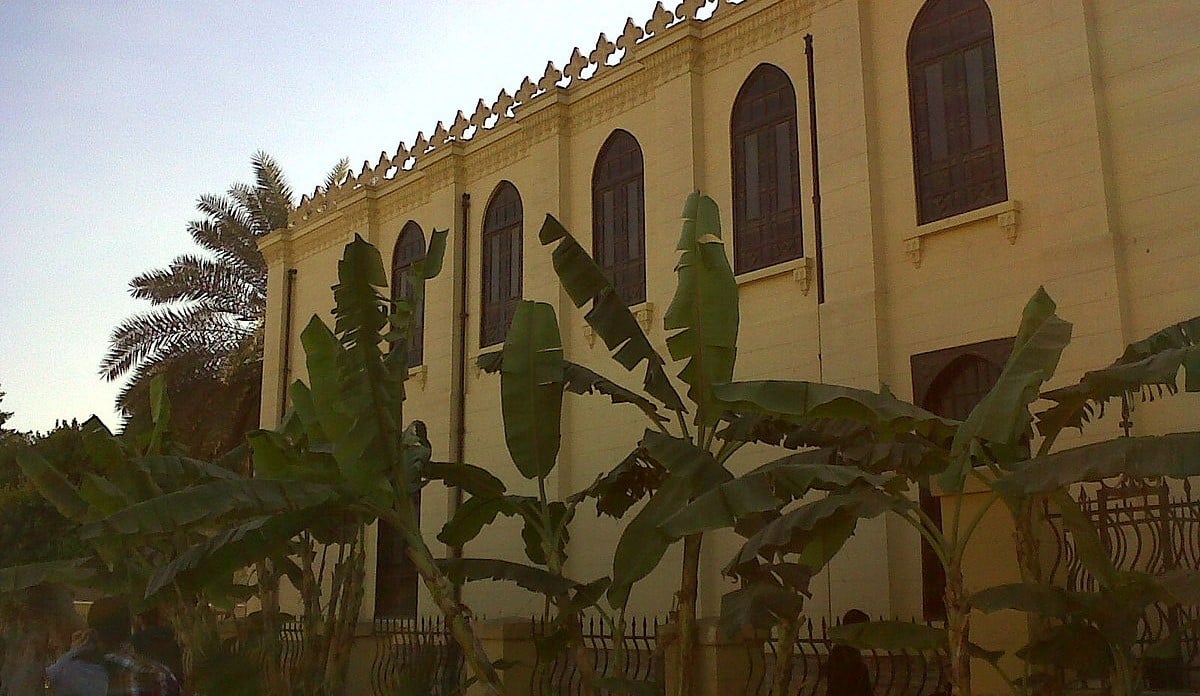
Ben Ezra Synagogue in Cairo, original home of the Cairo Geniza (Photo: Faris Knight/Wikimedia Commons license CC BY-SA 3.0)
Another famous aspect of Jewish-Egyptian history is the Cairo Geniza! This was a book and document depository containing hundreds of years of Jewish writings, until its discovery by scholars and the rest of the world in the 1800s.
A geniza is usually a place where Jews deposit damaged holy books, prayer books, mezuzah scrolls, and other sacred writings with G-d's name, as they are traditionally not allowed to be thrown out. The geniza items are often kept in a storeroom in a synagogue, and the contents may or may not be periodically emptied out and buried.
However, the Jews of Egypt had a custom of depositing just about any Hebrew writing into a geniza once no longer of use - including letters, business contracts, legal documents, school notebooks, and various other sorts of documents and manuscripts, even the most mundane. And it just so happens that the geniza of the oldest synagogue in Egypt, the Ben Ezra Synagogue in Cairo, hadn't been emptied for several centuries!
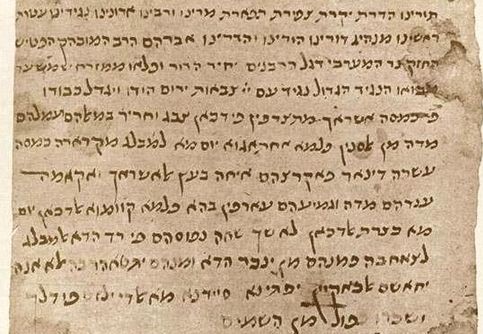
A fragment of a letter written by Maimonides' son Abraham, found in the Cairo Geniza
By the time it was turned over to scholars the Cairo Geniza had amassed a treasure trove of about 400,000 documents and manuscript fragments dating from the 6th to the 19th century. It turned out to be one of the most valuable historical finds, with many priceless manuscripts of historical and religious importance as well as an incredible look into the lives of Egyptian Jews throughout history.
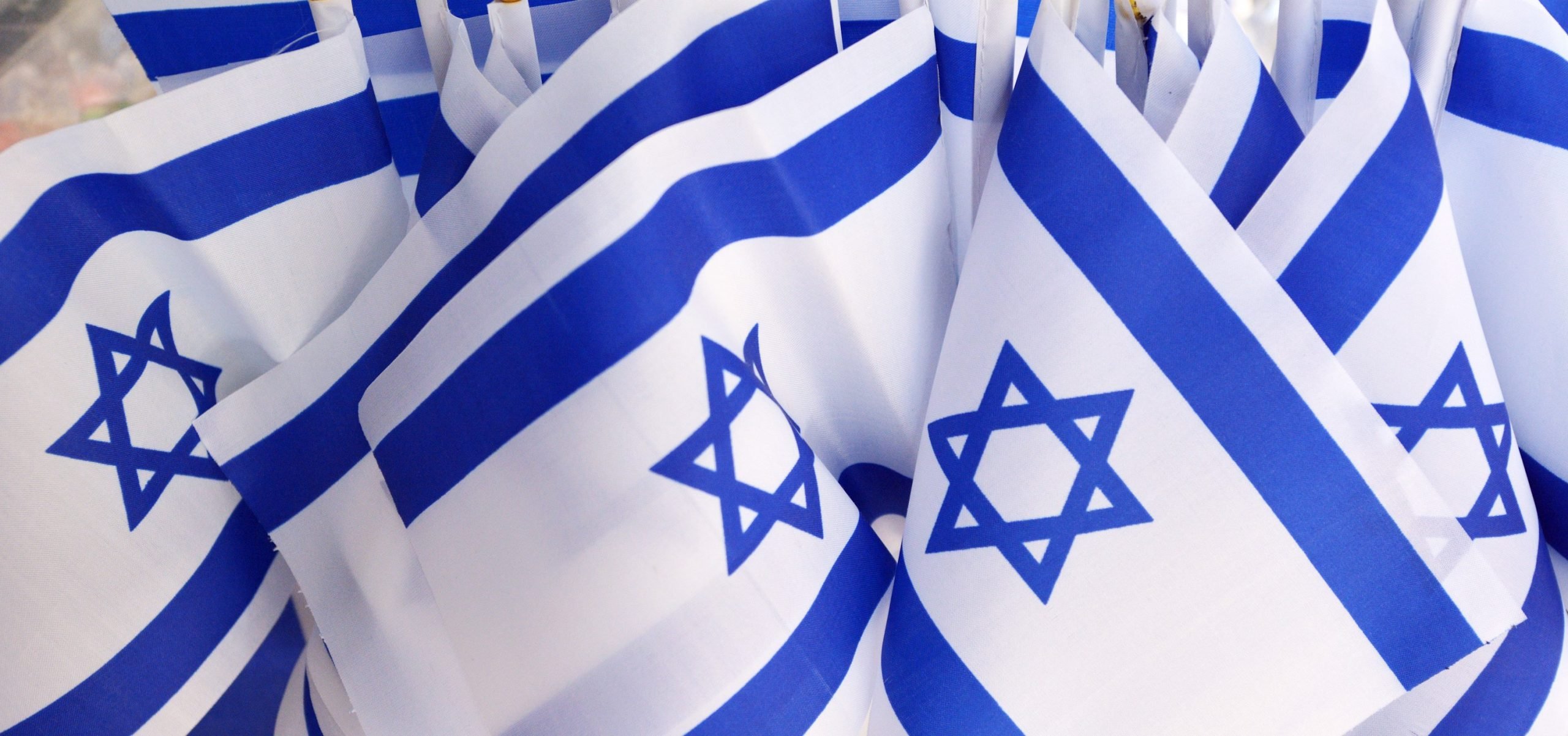
Eventually, Egypt's rich Jewish life would come to an end, with a second "exodus" to the Land of Israel.
The early 20th century saw a rise in Zionist thinking among Egyptian Jews, though most considered themselves loyal Egyptian patriots at the time. The interest in Zionism and returning to the Land of Israel then rose in the 1930s and 40s, in response to increasing Egyptian antisemitism that was fueled by Nazi ideology, as well as troubling news of pogroms and Arab-Jewish clashes in Palestine.
Egyptian Jews themselves became the targets of violent pogroms and riots throughout the 1940s, in addition to various legal restrictions on their civil rights and ability to earn a living. The situation only became worse after Israel's independence in 1948, and again after the 1967 Six-Day War; many Jews were arrested, attacked, or had their homes or businesses bombed.
As a result, virtually the entire Egyptian Jewish community fled the country between 1948 and 1968, with the majority settling in Israel. High rates of antisemitism have remained in Egypt, and despite communications and travel being allowed after the Egyptian-Israeli Peace Treaty of 1979, the Jews did not return to Egypt as residents. Today only a handful of elderly Jews are reported to be still living in the country.
Are you proud of the rich history of Jews in Egypt, Israel, and around the world? Shop Star of David jewelry, Jewish pride items, and Israeli Independence Day gifts right at our store!


Owned by JWG Ltd, maintains its offices and warehouse in Jerusalem, Israel. © 1999-2022 JWG Judaica and Dead Sea Cosmetics